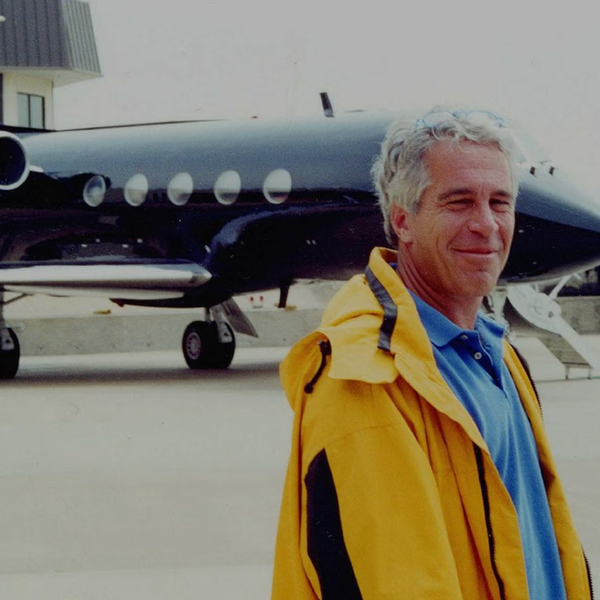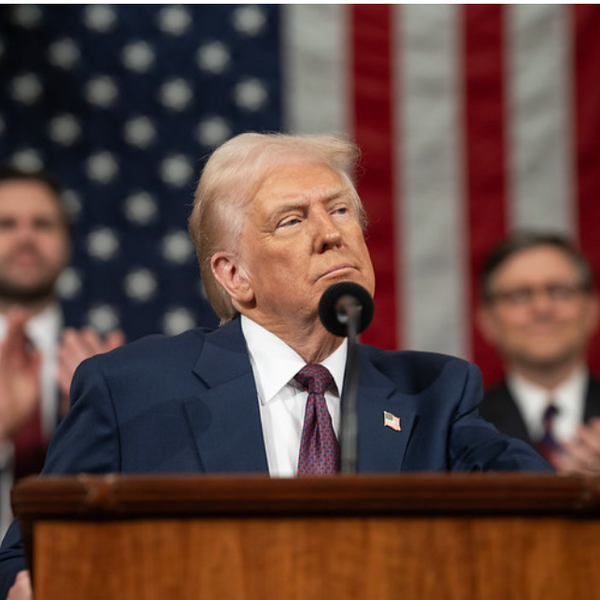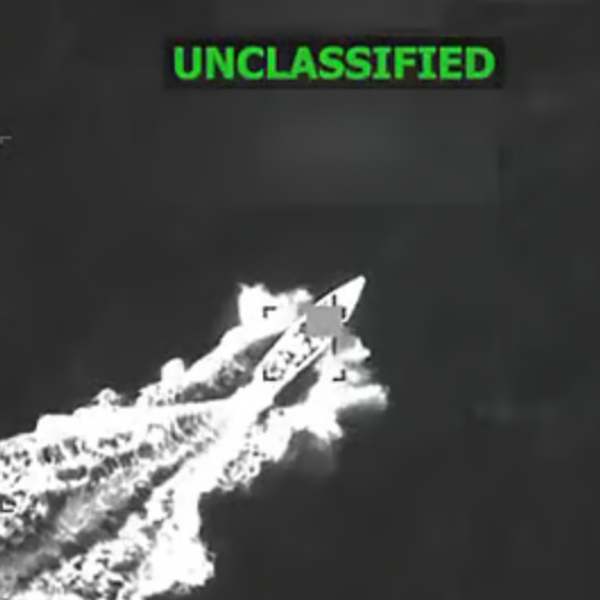Washington (AFP) – U.S. Secretary of State John Kerry is heading back to the Middle East as efforts to hold Syria peace talks bog down, Israeli-Palestinian negotiations stumble and rare tensions with key ally Saudi Arabia flare into the open.
With the Obama administration taking fire at home and abroad for what is perceived to be its indecisive Syria policy and Arab unease about its outreach to Iran, Kerry is hitting the road again seeking to ease tensions and soothe allies vital to its Middle East ambitions.
After less than two weeks at home, the top U.S. diplomat can expect some tough behind-the-scenes talks on his seven-nation tour, which will include a stop in the West Bank as well.
The November 3 to 11 trip will take in Saudi Arabia, Poland, Israel, Bethlehem, Amman, Abu Dhabi, Algeria and Morocco. First stop will be Riyadh for talks on Sunday with King Abdullah amid tensions with the Gulf Kingdom.
Kerry met earlier this month with Saudi Foreign Minister Saud al-Faisal in Paris when they discussed when “would be a good time for the secretary to come visit and talk about all the issues we work together on,” State Department spokeswoman Jen Psaki said.
In Riyadh he would “reaffirm the strategic nature of the U.S.-Saudi relationship,” she added.
Ties have strained in recent months with Saudi Arabia over Washington’s policy on the conflict in Syria and moves for a rapprochement with Riyadh’s arch-foe Iran to rein in its suspect nuclear program.
In an unprecedented move, Riyadh earlier this month turned down a coveted non-permanent seat on the UN Security Council in protest at the world body’s failure to end the 31-month war in Syria which has left over 115,000 dead.
Saudi intelligence chief Prince Bandar Bin Sultan al-Saud reportedly told diplomats in Riyadh last week that he would scale back Saudi cooperation with the CIA on training Syrian rebels, and work with other allies including Jordan and France.
But Psaki stressed that Saudi Arabia is “an enormously important partner on issues like Syria and it’s important to the secretary that as we look to see if there’s a path forward with diplomacy in Iran, that we have that conversation with them.”
Kerry, along with his Russian counterpart Sergei Lavrov, has been working for months to try to convene peace talks in Geneva slated for November, aimed at bringing together the Syrian regime and the opposition to chart a path to a transition of power.
But efforts have stalled as key opposition groups have refused to meet with representatives of Syrian President Bashar al-Assad.
Republican lawmakers reacted to the news out of Riyadh with alarm on Sunday saying the administration had to work swiftly to repair ties.
Republican Senators John McCain and Lindsey Graham also lashed out at President Barack Obama’s “abdication of a leadership role” in the Middle East, saying he was “failing” U.S. interests in the troubled region.
Kerry will also seek to bring fresh impetus to the Israeli-Palestinian peace negotiations, amid accusations from the Palestinians this week that Israel is working “to wreck” the talks by approving 1,500 new settler homes in east Jerusalem.
And he will discuss with Israel the new nuclear talks being led in Geneva with Iran by six western powers, including the United States.
Israel and the United States are at odds over the strategy of engaging Iran, with U.S. officials insisting that diplomatic overtures by the new Iranian leadership need exploring, and Israeli Prime Minister Benjamin Netanyahu steadfastly warning that Tehran’s new dialogue is just a ploy to win sanctions relief.
Despite tensions with the military leadership in Cairo after the U.S. earlier this month suspended a chunk of its annual $1.5 billion in military aid following the ouster of president Mohamed Morsi, no stop in Egypt was announced.
“He just has to balance a range of priorities and global issues, and that’s always an effort we undergo,” Psaki told reporters, adding Kerry remained “eager” revisit the Egyptian capital.
In Warsaw, he will meet with senior Polish officials to discuss the defense alliance and partnership with Poland as well as “enhancing NATO capabilities,” Psaki said.
And in Algiers the top U.S. diplomat will meet Algerian officials and chair a U.S.-Algeria strategic dialogue, before traveling to Rabat for talks with the north African kingdom.








